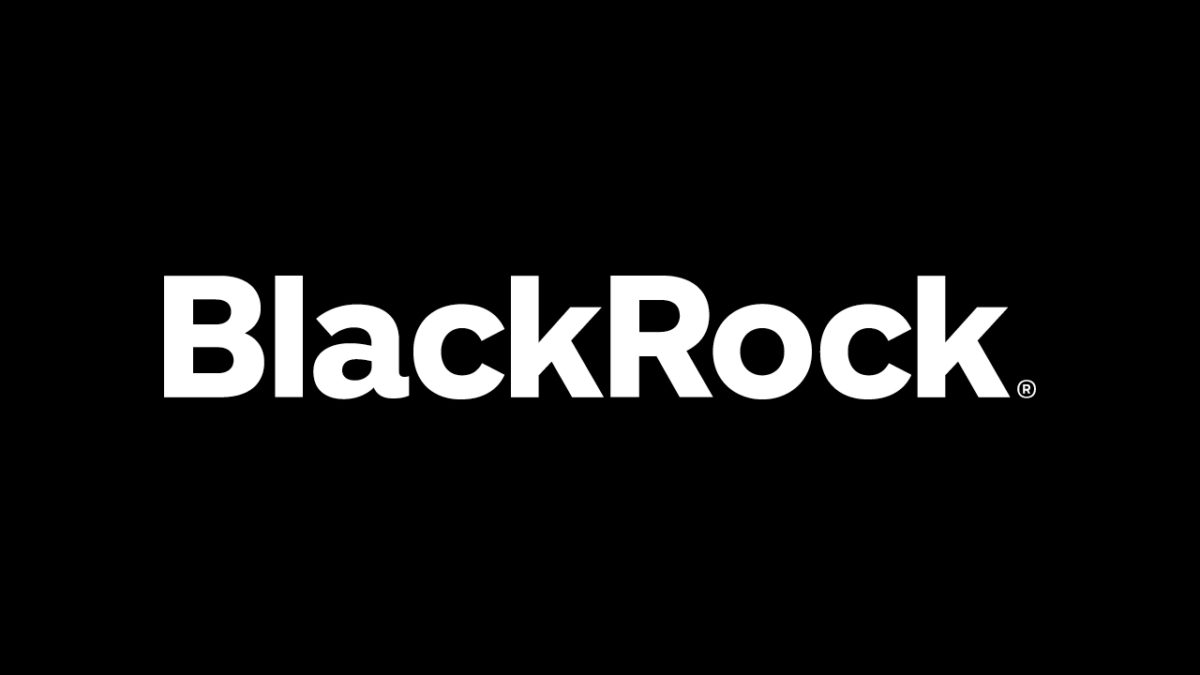BlackRock’s ‘new nominal’ and inflation worry
The latest research note from BlackRock predicts another “choppy ride” for markets in the first half of 2021 with coronavirus responses and US politics continuing as major influences. But the risk of inflation is “underappreciated”.
Noting the markets had moved considerably since its annual predictions for the year ahead, published only last month (early December), the world’s largest fund manager says that what it terms ‘the new nominal’ has accelerated. This refers to continued low nominal yields from fixed income.
BlackRock believes that if and when inflation does come back, it will have a different impact to the historical norm. The key takeaways from the ‘new nominal’ scenario are:
- Stronger growth and lower real yields ahead as the vaccine-led restart accelerates and central banks limit the rise of nominal yields – even as inflation expectations climb. Inflation will have different implications to the past.
- The policy revolution as a response to the COVID shock implies that nominal yields will be less responsive to rising inflation risk than in past episodes. This suggests risk assets will perform better than in past inflationary periods.
- The Democrats’ newly gained slim majority in US Congress improves the outlook for fiscal spending, likely fast tracking expectations for stronger growth and lower real yields.
- Medium-term inflation risks look “underappreciated”. Production costs are set to rise on a rewiring of global supply chains. Central banks appear more willing to let economies run hot with above-target inflation to make up for past inflation undershoots. They may also face greater political constraints that make it harder to lean against inflation.
The implications for markets are, according to BlackRock, to be underweight nominal government bonds, favour inflation-linked bonds and to see equities supported by falling real rates. Tactically, the manager remains pro-risk, preferring US equities and high-yield credit.
On the shifts in US politics and fighting the pandemic, BlackRock sees the US Democratic Party majority boosting expectations for more public spending without commensurate tax increases. There should also be a strong vaccine-led restart later in the year.
“All this reinforces our view on growth, rates and inflation, and underpins our preference for inflation-protected securities over nominal US treasuries,” the research note says. “The first half of 2021 is likely to be a choppy ride. The pandemic poses serious challenges to public health and the activity restart, while we see more policy support in the US on top of the recent US$900 billion fiscal package.”
BlackRock advocates a barbell approach to risk exposures, with selected cyclicals such as US small caps and emerging market equities on one end and quality assets including US and Asia ex-Japan equities on the other.
The manager also likes tech and healthcare sectors, which will benefit from structural trends turbocharged by the pandemic while their strong balance sheets and cash flows provide some resilience against volatility. However, US tech stocks could face challenges from greater regulation and corporate taxes.









